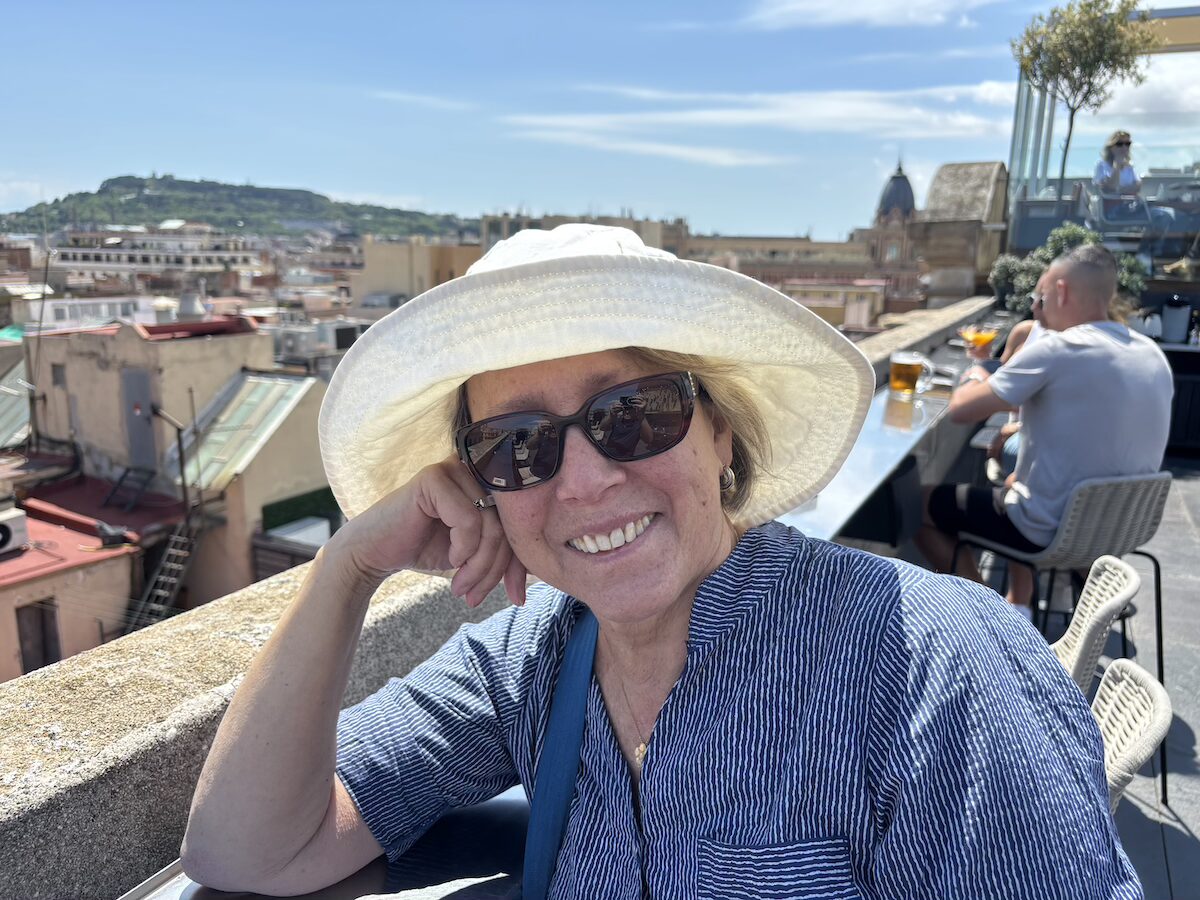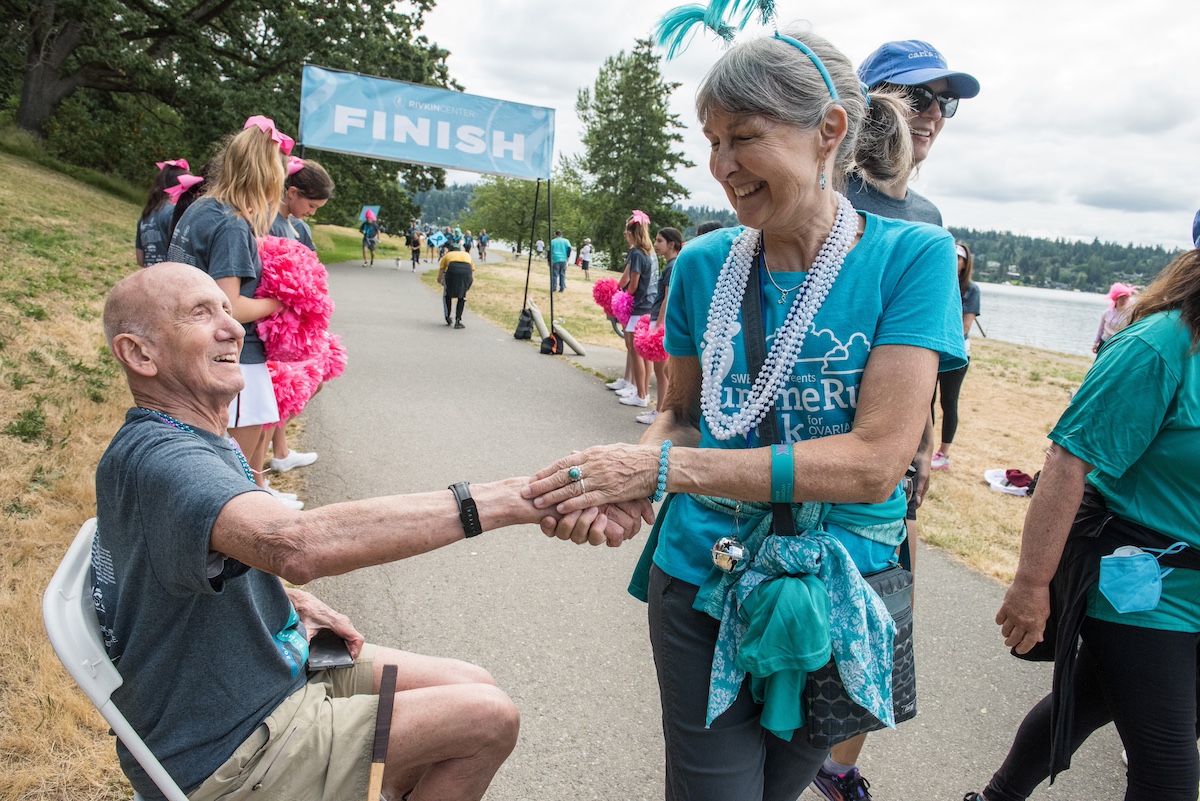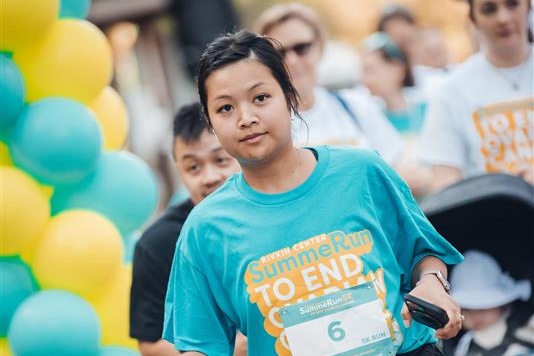Many people are surprised to learn that ovarian cancer is not one disease, but several distinct types and subtypes. Each type differs in who it typically affects, how it spreads, how it’s treated, and its prognosis. High grade serous ovarian cancer (HGSOC) is the most common, and is often the unspoken type we refer to when we say “ovarian cancer.” But researchers are hard at work understanding rare forms of this disease, and progress is being made toward more effective treatments against these rare types.
#RareAware is shining a spotlight on the thousands of patients across the United States who are living with a rare form of ovarian cancer–raising awareness, offering resources and information, and building community for those who may feel both a part of, and apart from, the larger conversation about ovarian cancer.
Do you have a rare form of ovarian cancer? We want to hear from you! Please take a few minutes to share your thoughts and tell us about your experience here. We may share your story on our website and social media as a way to inspire others and help folks feel less alone.
Mixed Yolk Sac and Adult Granulosa Cell Tumor
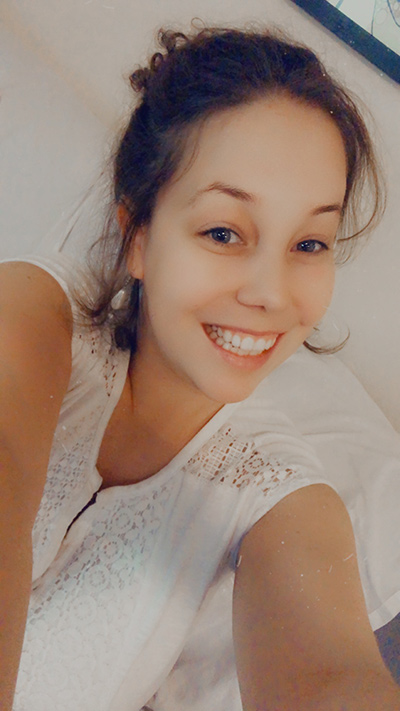
Angela M.
“In having a rare ovarian cancer type, initially my biggest frustration was the lack of information out there for my tumor type. After my diagnosis, I went on the typical “gather ALL the information” frenzy, researching like crazy to obtain as much information as I could about what I was in for. But there was hardly anything out there! It really opened my eyes as to the rarity of the cancer type and importance of research.”
Adult Granulosa Cell Tumor
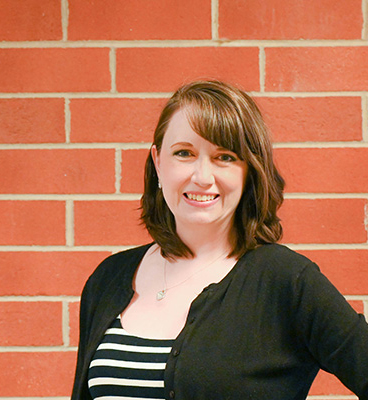
April B.
“Having a rare form of cancer that accounts for only 1-2% of ovarian cancer means there is very little research/information on it. It is frustrating that there is so little research, which means not many treatment options, and the treatment options are not consistently effective or successful.”
Granulosa Cell Tumor
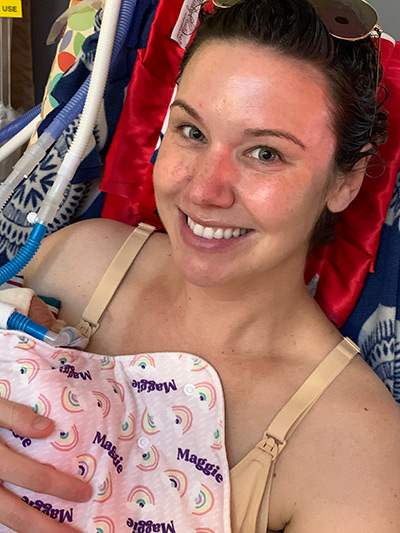
Becca C.
“My frustration in having a rare type of ovarian cancer is that there is not much research on it. I can’t google it like other cancers and there aren’t many studies on it. Plus, mainly older women are diagnosed with ovarian cancer, and it was hard to find information on young women diagnosed with the disease.”
Squamous Cell Carcinoma arising in a Mature Cystic Teratoma
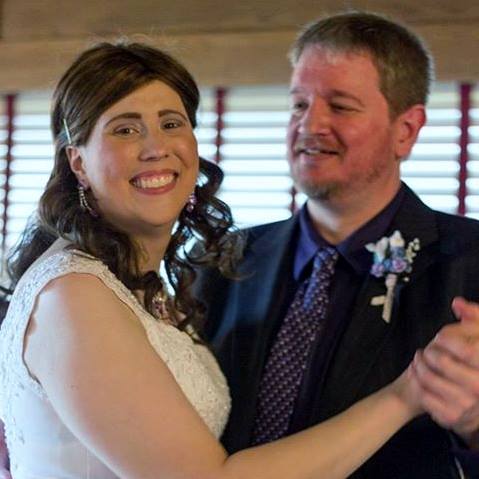
Pamela C.
“It’s difficult to get good information, either from my doctors or from other women who have had the same cancer. I also fear that there isn’t a lot of funding for the rare types of cancers since often times, the medical community is trying to help as many people as possible. There are so few of us with this cancer that looking from a cost perspective, it may not be worth it to them to try to find a cure for us.”
Endometrial Carcinosarcoma (MMMT)
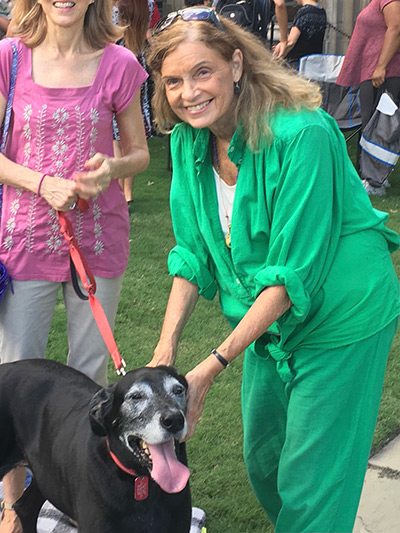
Gael R.
“I’ve found it most frustrating that there is no standard of treatment for my rare type of cancer, as far as I can figure out. There is little research that has gone into treatment as there are so few cases. I am guessing little financial motivation.”
Adult Granulosa Cell Tumor
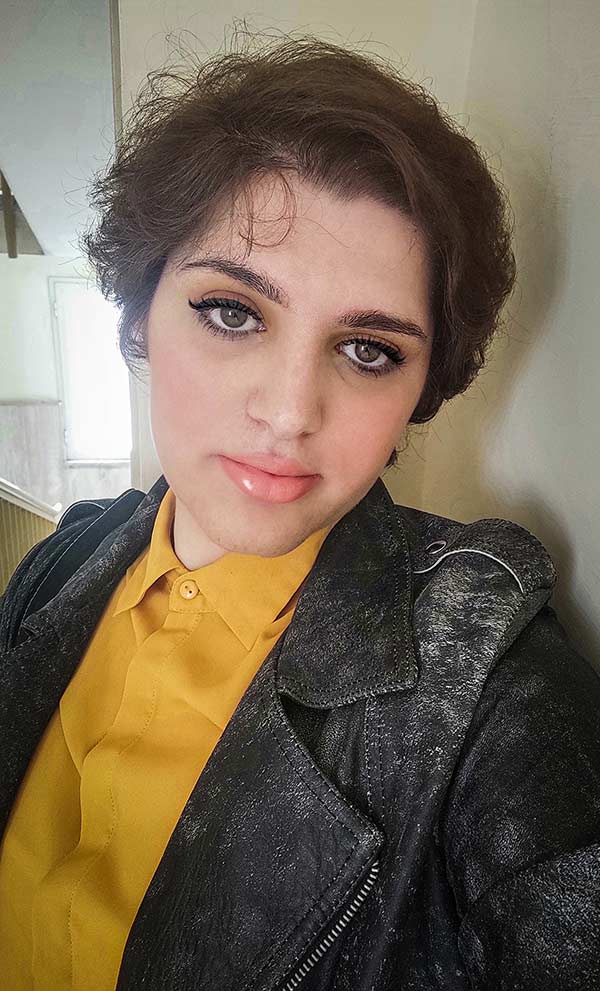
Fortuna
“My frustrations were, and are, that there is not a lot of information available about my cancer, and even if you try to share your story with other people with ovarian cancers that are more common, you are the only fish in the big sea, in the cancer’s world.”
Granulosa Cell Tumor
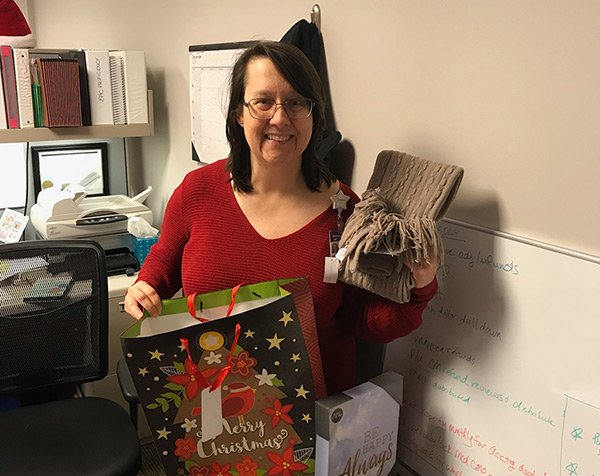
Christine
“OB who first found the mass thought it was benign and didn’t run bloodwork that would have caught the GCT tumor prior to surgery, during which she cut the tumor in half. Also frustrating that there aren’t any separate protocols or official treatment plans beside epithelial ovarian cancer’s. It’s also hard to find doctors with experience with GCT.”
Retiform Sertoli-Leydig Cell Ovarian Cancer
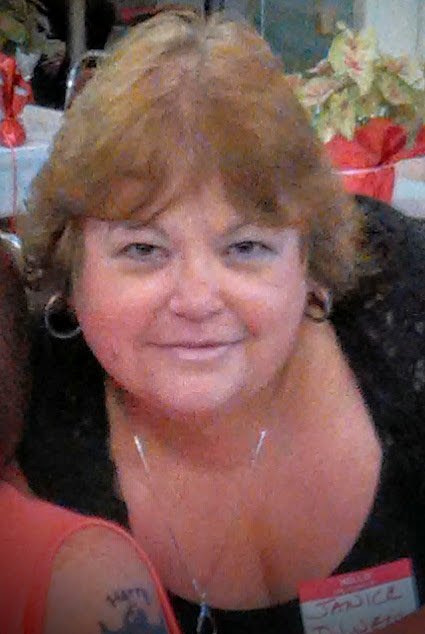
Janice
“My frustration was getting my rare cell type identified correctly, then finding out the protocol was experimental.”
Small Cell Carcinoma of the Ovary
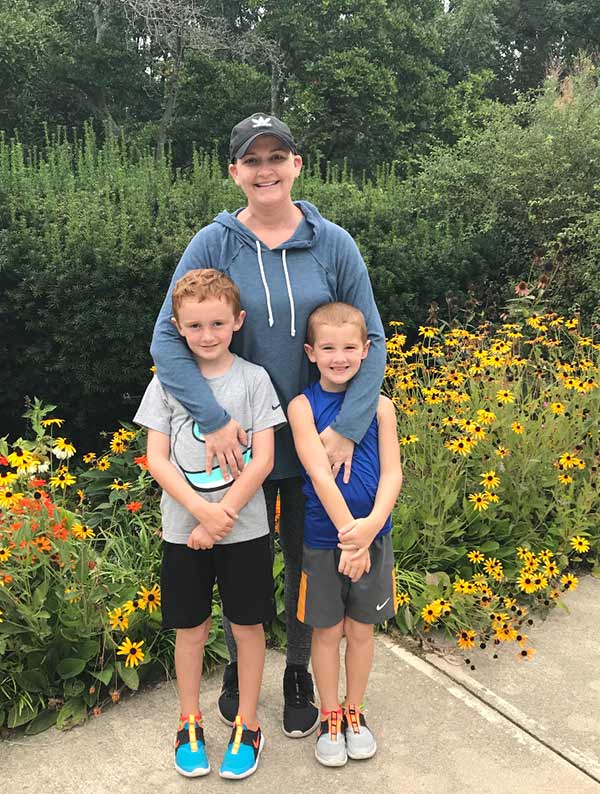
Anne
“My frustration with having a rare form of ovarian cancer is the lack of doctors with knowledge and/or experience in treating women with SCCOHT. I was unable to receive treatment locally in Philadelphia and had to travel and live in Cincinnati for 9 months! It’s extremely frustrating being away from my family and friends. There were months where I didn’t see my kids.”
Granulosa Cell Tumor
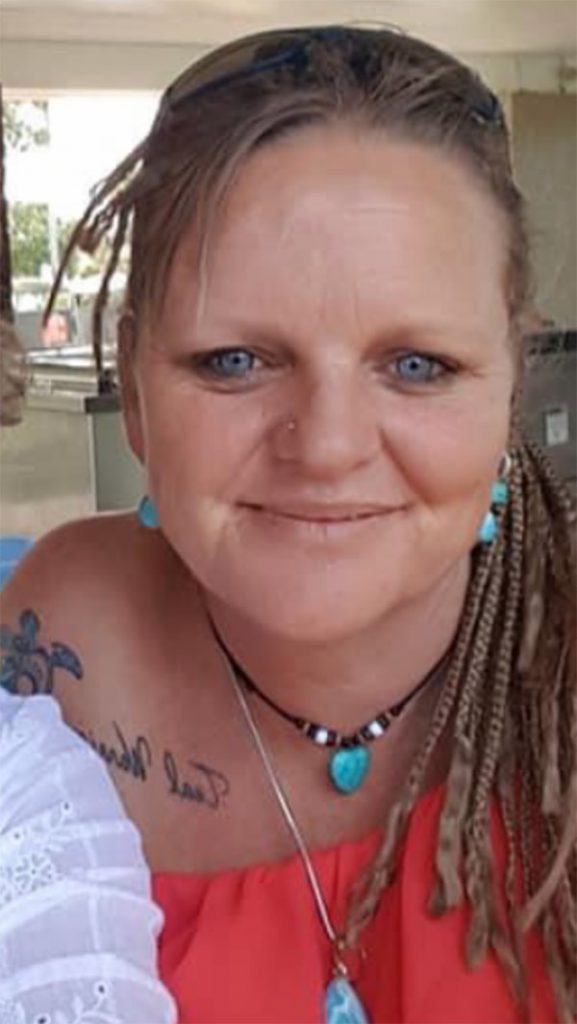
Karien
“No doctors or surgeons knowing of my diagnosis, no research into it. When I go to a hospital or doctor (I live rural) they just send you home and don’t listen to what you need (certain blood tests to pick up if you are having a recurrence), no support, and just being fobbed off as they have no idea how to treat you or what to do. The cost is ongoing — three monthly blood tests $181 with no rebate out of pocket expenses of CT, ultra scans, and PET scans. With my kind of cancer it is ongoing forever; three monthly blood tests, ongoing CT scans and ultra scans. No information or research on new presenting symptoms that occur after your surgery — that gynecologist or oncologist don’t know why you are having these symptoms — and just not knowing what comes next and where to turn to, except Facebook groups for questions and maybe answers. What is happening to your body changes. The biggest fear is leaving my kids and family behind with no cure and no research.”
Small Cell Hypercalcemic Ovarian Cancer
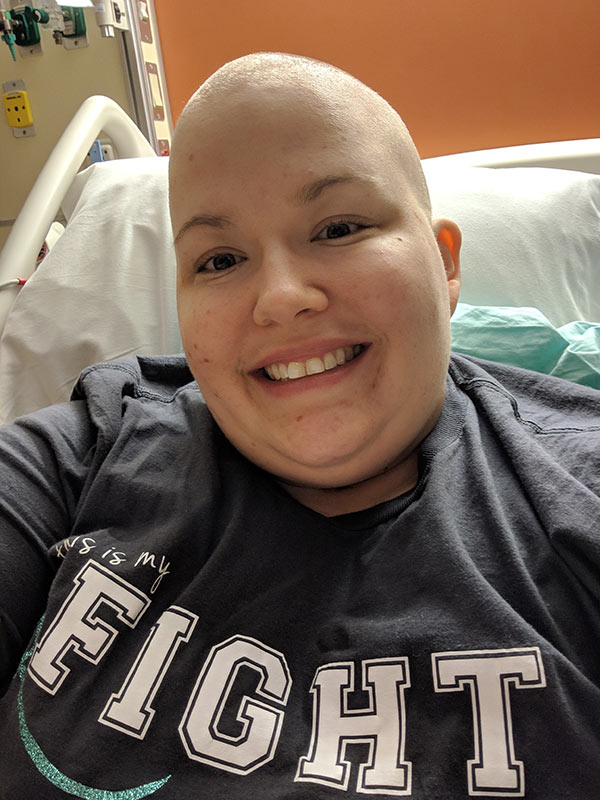
Brooke
“All of the unknowns in my type of cancer. Unsure what to do at first, very little resources, etc. Without finding our Facebook group….I don’t know if I’d be here today! My frustration is also losing friends that are so dear to me with my similar cancer type, as it’s almost always found in stage 3 & 4.”
Granulosa Cell Tumor
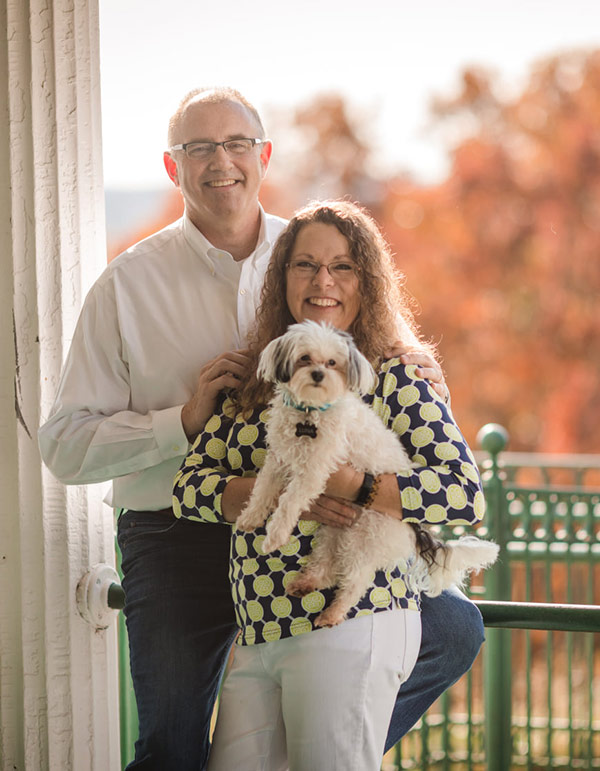
Sally
“The most frustrating thing for me is that there is no standard of care and very little research. So little is known about granulosa cell tumor that one of the preeminent doctors in the country for rare ovarian cancers states that you just have to keep trying different drugs until you find one that works.”
Germ Cell Ovarian Cancer
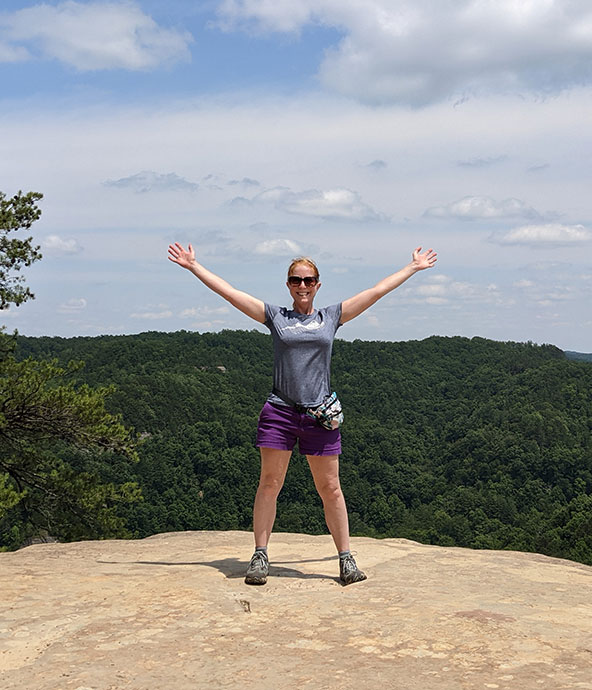
Tracy
“I was diagnosed with stage 4 germ cell ovarian cancer eight years ago at age 27. I was devastated and felt like my entire world was collapsing in around me. What made it even more difficult was the fact that there was so little information about this kind of cancer, and there was NO ONE for me to talk to that went through the same thing. I had an incredible support network in my family, friends and medical team, but it’s never the same as talking with someone that went through the same experience. I had a very rough treatment as my surgery could not be laparoscopic and the chemotherapy regimen was brutal. I wished so much there was someone for me to talk to to help me prepare for the side effects of all of the treatments and just to understand what I was going through. Regardless, I made it through, my cancer was cured and I’m ALIVE! I have side effects from both the surgery and treatment and will be on HRT the rest of my life (that has its own side effects), but I am thankful that I made it. Nothing in life has been as difficult as that experience, and I am so glad to see this #RareAware campaign is finally shining a light on this type of disease and the women it affects. I hope it can bring more of us together!”
Low Grade Serous Ovarian Cancer
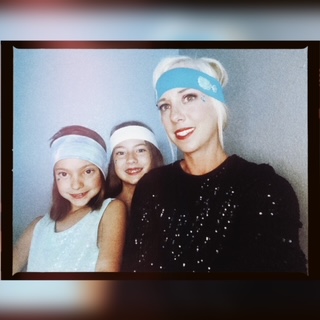
Ingrid
“I was diagnosed in January of 2019 with low grade serous ovarian cancer. My doctor said she had to look on Facebook to learn about this and how to treat it. At the time, there was also not much online about it, except for the some new research out of MD Anderson. I had a hard time finding a doctor who had patients with it. I also wanted to use my molecular testing as a guide for treatment and it wasn’t used, and I ultimately took a treatment I shouldn’t have. Fast forward to today. I am deep into the molecular profile of my ovarian cancer and am using precision medicine to guide my treatment. I additionally have more treatment options available because we know I have a KRAS mutation. The greatest frustration is that the science is moving too slowly. We need to expedite treatments and use precision medicine for everyone. The standard of care is a model of the average. I haven’t met a women with the “same” cancer yet. This is more complex than that. I am also frustrated that we have to fundraise for research and then fundraise to pay for the treatments we fundraised to start.”
Squamous Cell Carcinoma
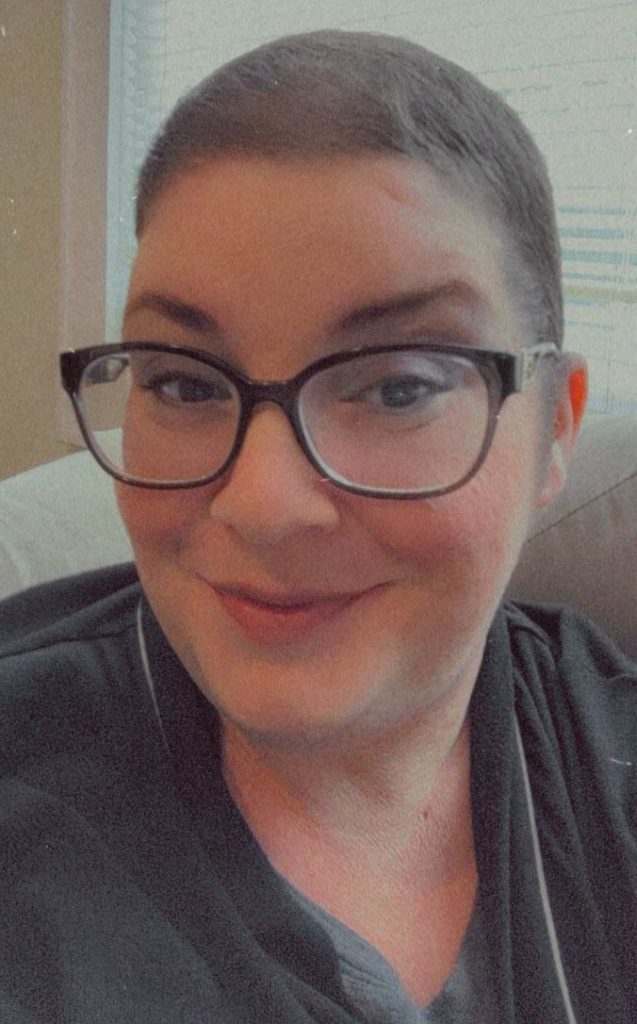
Jill
“Relaying the severity of my diagnosis to family/friends is incredibly frustrating. I understand the need to focus on the positive, but realistically speaking, there are no positives of having a rarely diagnosed type of cancer.”
Carcinosarcoma
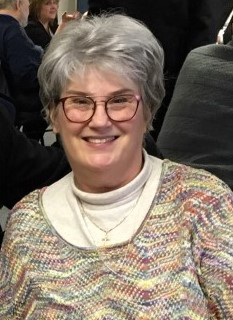
Renee
“I became frustrated when I was not given much information from my gynecologic oncology team about my cancer. I had to resort to the internet to learn about it. Although my rare type of cancer has poor survival rates and high percentage of recurrence, I remain positive and place my hope in God.”
Small Cell Carcinoma Hypercalcemic Type
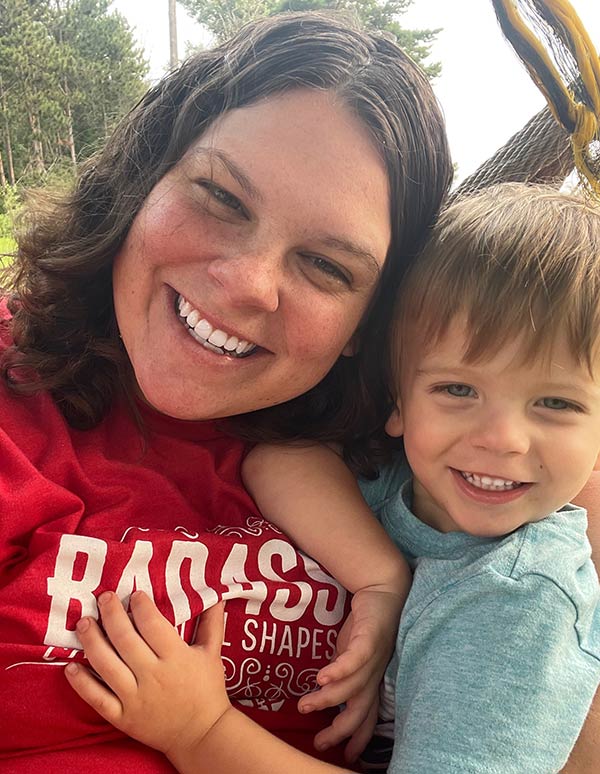
Heather
“My local doctors shoved it off as pregnancy symptoms or being a hypochondriac. I was “too young” to have ovarian cancer. I was having awful pain and vomiting while pregnant way more than normal and it was shoved off until I was at my specialist and they found it and acted so quickly. I wish more doctors were informed on ALL types of cancer not just the major ones and I wish they took their patients more serious when reporting pain etc. my specialists saved me and my baby who is now almost 3!”
Müllerian Clear Cell Carcinoma
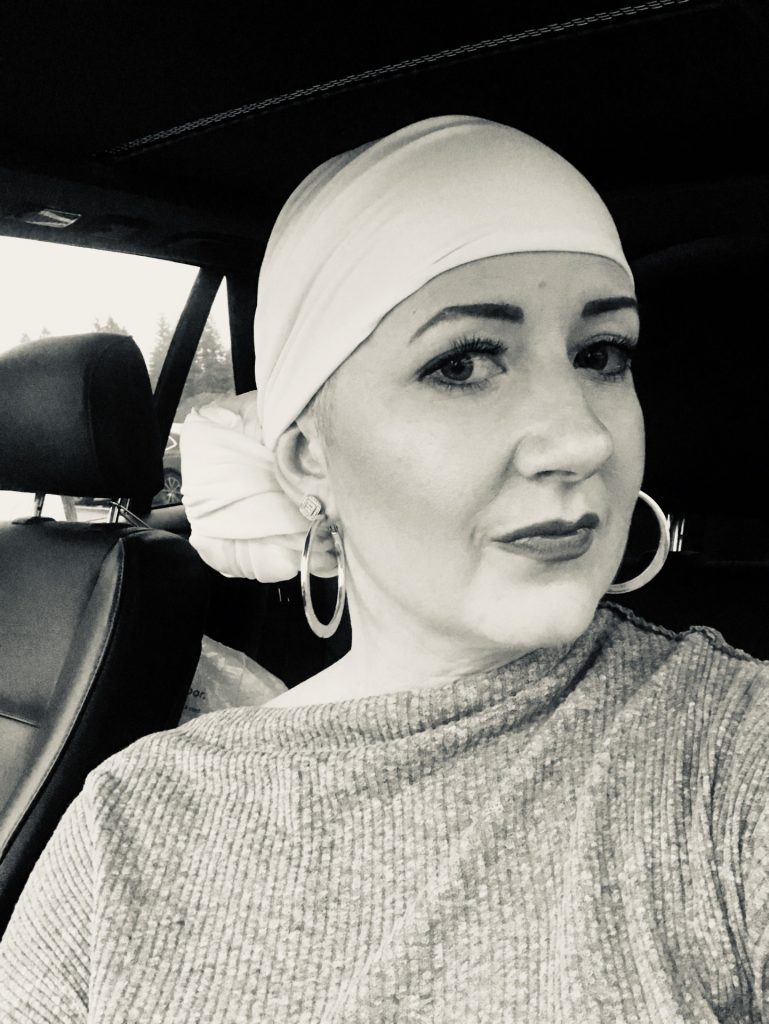
April
“My biggest frustration is finding effective treatments and battling my insurance company to approve treatments. My insurance continues to deny treatments like immunotherapy, calling it investigational because there are no proven studies to show effectiveness. If we use that line of thinking ALL treatment is truly investigational for my type of ovarian cancer since there is so little research. Yet they will approve all chemo drugs dispute the fact the my cancer is known and has proven to be resistant to chemo.”
Rare Ovarian Cancer Resources and Information
- Need to talk? We’re here for you. OCRA’s Patient Support team is available to take your calls on Monday – Friday. Just call 212-268-1002, and your call will be answered or returned within 24 hours.
- OCRA’s Staying Connected online support groups meet weekly for virtual discussions around topics like new diagnosis, recurrence, sexuality and intimacy, and more. Advanced registration is required.
- OCRA’s Woman to Woman peer support program pairs gynecologic cancer patients with trained Volunteer Mentors who provide one-on-one emotional support and mentoring. Support is offered virtually and at program sites across the country.
- Watch a presentation and Q&A on Rare Ovarian Cancers from Dr. Jubilee Brown, a leading expert on rare ovarian cancers, recorded at our 2022 virtual National Conference.
- The GCT Survivor Sisters! group on Facebook, mentioned in several of the above stories, is open to patients and survivors of granulosa cell tumors.
- OCRA’s online support community through Inspire is free to join, and offers a place to share experiences with those who can relate.
- Learn about the different types of ovarian cancer.
